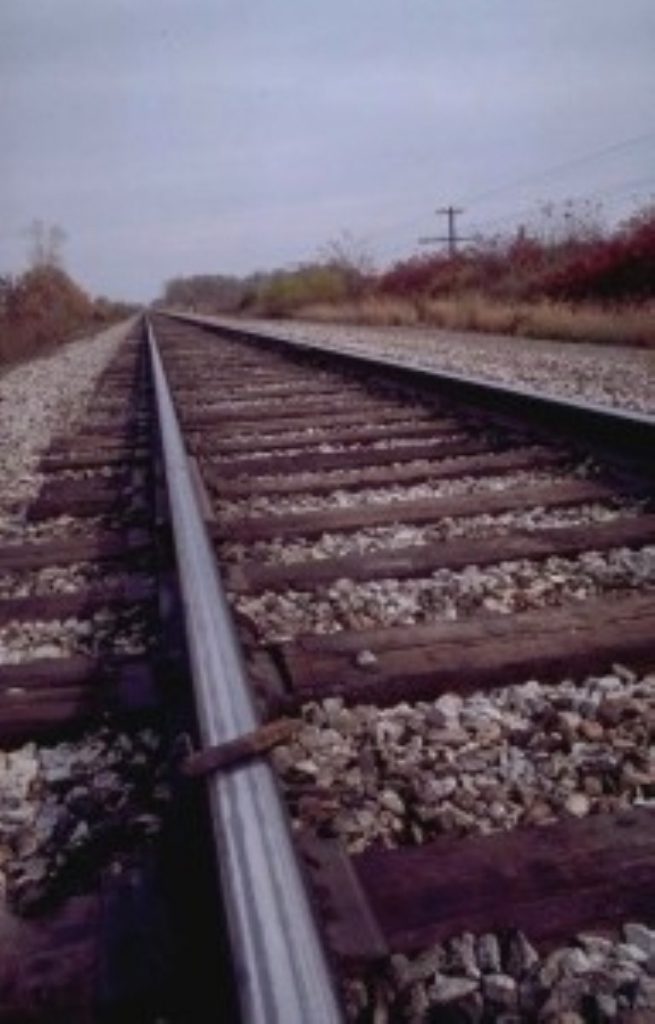£10.5 billion cut in rail repairs
Network Rail has confirmed that it is to cut £10.5 billion from its expenditure by cutting repairs to branch lines.
The not-for-profit company confirmed that its submission to the Office of the Rail Regulator calls for an additional £5 billion of efficiency savings, on top of the £5.5 billion announced at the end of June.
The reduction would see Network Rail’s projected expenditure cut by 30% by March 2009.
Network Rail has already announced that it is to cut 2,000 jobs over the next three years to help it reduce its costs and wants to prove to the rail regulator, Tom Winsor that it offers value for money to the public.


Under Network Rail’s proposals some track renewal work will be postponed for two years. Resources set aside to improve freight and rural lines are to be redirected to busy commuter lines.
Network Rail also confirmed that despite the cost savings it would achieve 90% reliability by the end of the spending period in 2009.
Today’s announcement states that Network Rail expects to spend £24.5 billion over the next five years, a reduction of £5 billion compared to the previous forecast published in June.
The train drives union, the RMT, warned that the planned reductions would not deliver the efficiency savings and would compromise safety.
RMT general secretary, Bob Crow, argued that planned maintenance should not be replaced with ‘planned neglect’.
Mr Crow commented: ‘Efficiency is in everyone’s interests, but Network Rail is looking under the wrong stone for it. If the deliberate run-down of parts of the network results in a serious accident, those responsible for the decision will have blood on their hands.’
He argued that the best way for Network Rail to save money iss to bring maintenance contracts back in-house rather than being given to private contractors.
Mr Crow added: ‘Billions are being syphoned out of the railway industry by the private sector, and the cost of maintenance has soared since the privateers got their hands on it.’











